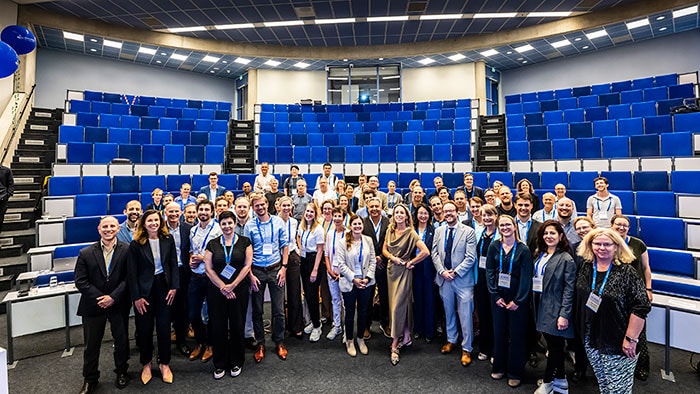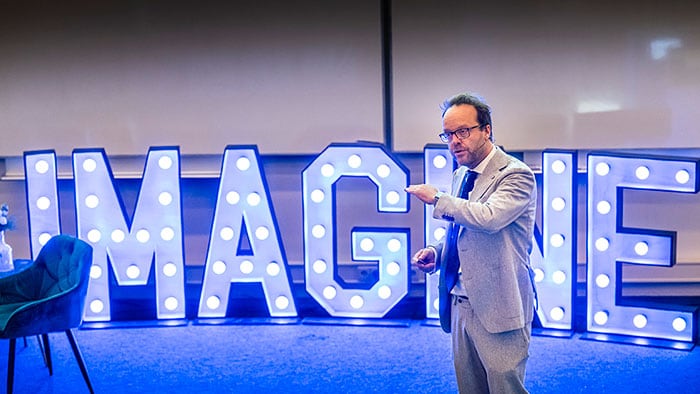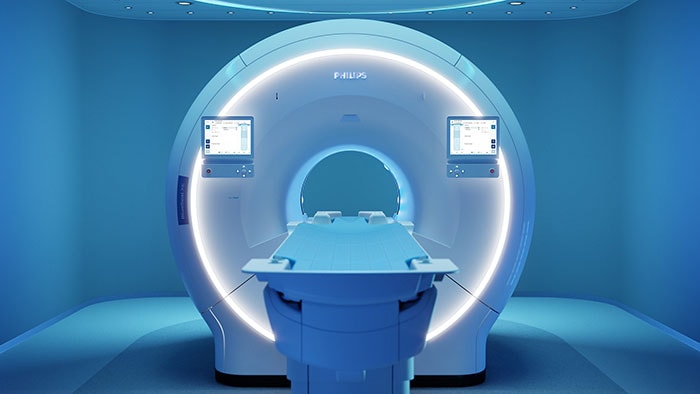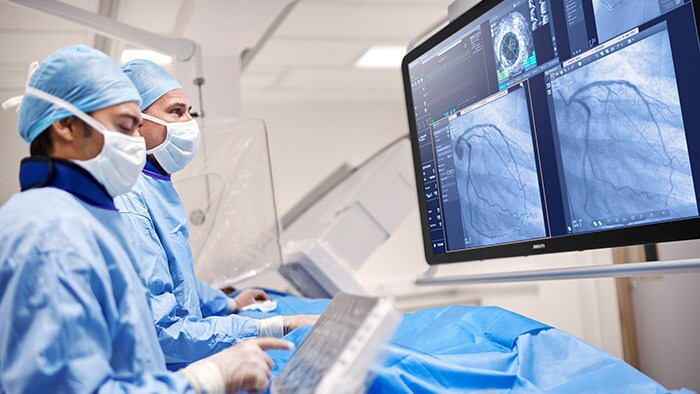Opening of IMAGINE Open Innovation Lab aimed at developing and implementing breakthrough treatments to advance cancer care for more patients
Jul 02, 2025 | 3 minute read
The IMAGINE consortium has officially launched its Open Innovation Lab at UMC Utrecht to accelerate the development and clinical application of medical imaging and image-guided, minimally invasive treatments in cancer care. These technologies are playing an increasingly vital role in oncology, unlocking new benefits for both patients and healthcare systems. To speed up progress, IMAGINE brings together academic, clinical, and industry partners to co-develop technologies that combine artificial intelligence, medical imaging, and targeted treatments. The Lab will also focus on validating innovations in clinical settings close to where patient care is delivered and training healthcare professionals to apply these innovations in practice.
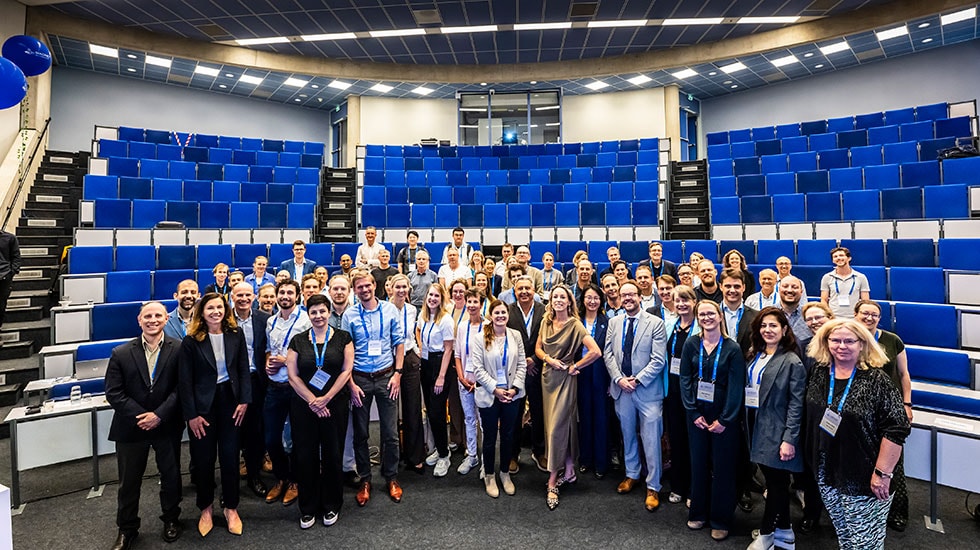
The initiative has secured a total investment of €54 million from the Dutch Research Council (NWO) and a broad coalition of public and private partners.
"The IMAGINE Open Innovation Lab is a vital next step in our mission to bring technology from science to clinical practice," said Prof. Dr. Nico van den Berg, Professor of Computational Imaging at UMC Utrecht. "Collaboration across disciplines and sectors is crucial to accelerating progress in cancer care. A strong example is the MR-LINAC, co-developed with Elekta and Philips, which combines MRI and radiotherapy to treat tumors with high precision. This success story demonstrates the power of combining clinical insight, engineering excellence, and a shared ambition.”
Transforming oncology through Image-Guided Innovation
The IMAGINE consortium aims to accelerate the clinical adoption of medical imaging and image-guided therapies, providing cancer patients with faster access to the latest innovations. These advanced techniques can reduce the need for major surgeries, lower healthcare costs, and alleviate pressure on hospitals and intensive care units. Patients benefit from fewer side effects, shorter recovery times, and increasingly non-invasive treatment options. Healthcare professionals will benefit from the research as it aims to make these complex technologies easier to use.
One example is the MR-LINAC, a technology co-developed by UMC Utrecht, Elekta, and Philips that combines MRI with radiotherapy. It enables clinicians to target tumors more precisely, allowing certain prostate cancer patients to reduce their treatment from 20 sessions to as few as five.
Collaboration with leading academic and clinical partners in the consortium such as UMC Utrecht, Radboudumc, Catharina Hospital, and Antoni van Leeuwenhoek Hospital is key to developing human-centered technology that truly meets the needs of healthcare professionals and reduces pressure on health systems.
"At Philips, we are proud to join the IMAGINE consortium and help shape the future of image-guided cancer care," said Bert van Meurs, Chief Business Leader Image Guided Therapy at Philips. "Collaboration with leading academic and clinical partners in the consortium such as UMC Utrecht, Radboudumc, Catharina Hospital, and Antoni van Leeuwenhoek Hospital is key to developing human-centered technology that truly meets the needs of healthcare professionals and reduces pressure on health systems. Together, we aim to deliver solutions that improve outcomes for patients while making healthcare more efficient and sustainable."
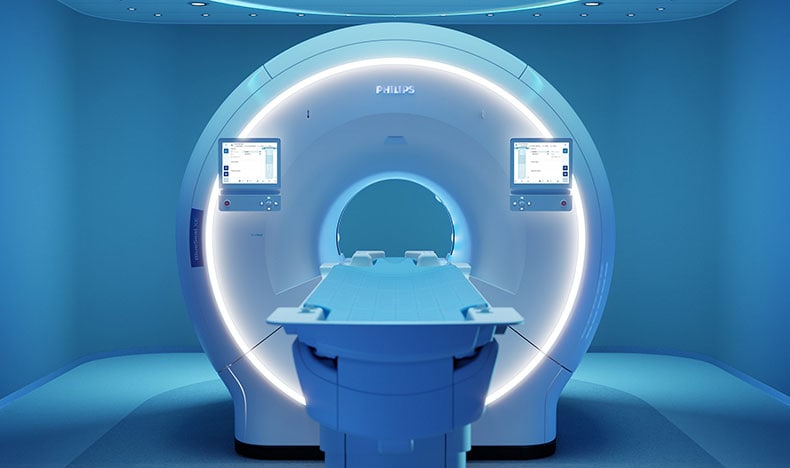
A collaborative ecosystem driving real-world innovation in cancer care
IMAGINE is designed as an open innovation lab, enabling clinicians, mathematicians, AI developers, imaging scientists, engineers, design experts and medtech companies to collaborate on real-world challenges. By working within a hospital environment, the consortium ensures that innovations are informed by real patient needs and can be safely and rapidly translated into practice.
The IMAGINE consortium unites a comprehensive group of partners from across the healthcare innovation ecosystem:
Together, these partners are advancing the development, validation, and clinical implementation of image-guided technologies to improve cancer care and future-proof the healthcare system.
